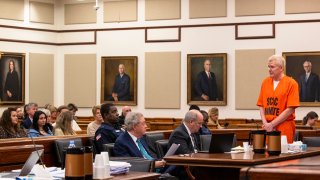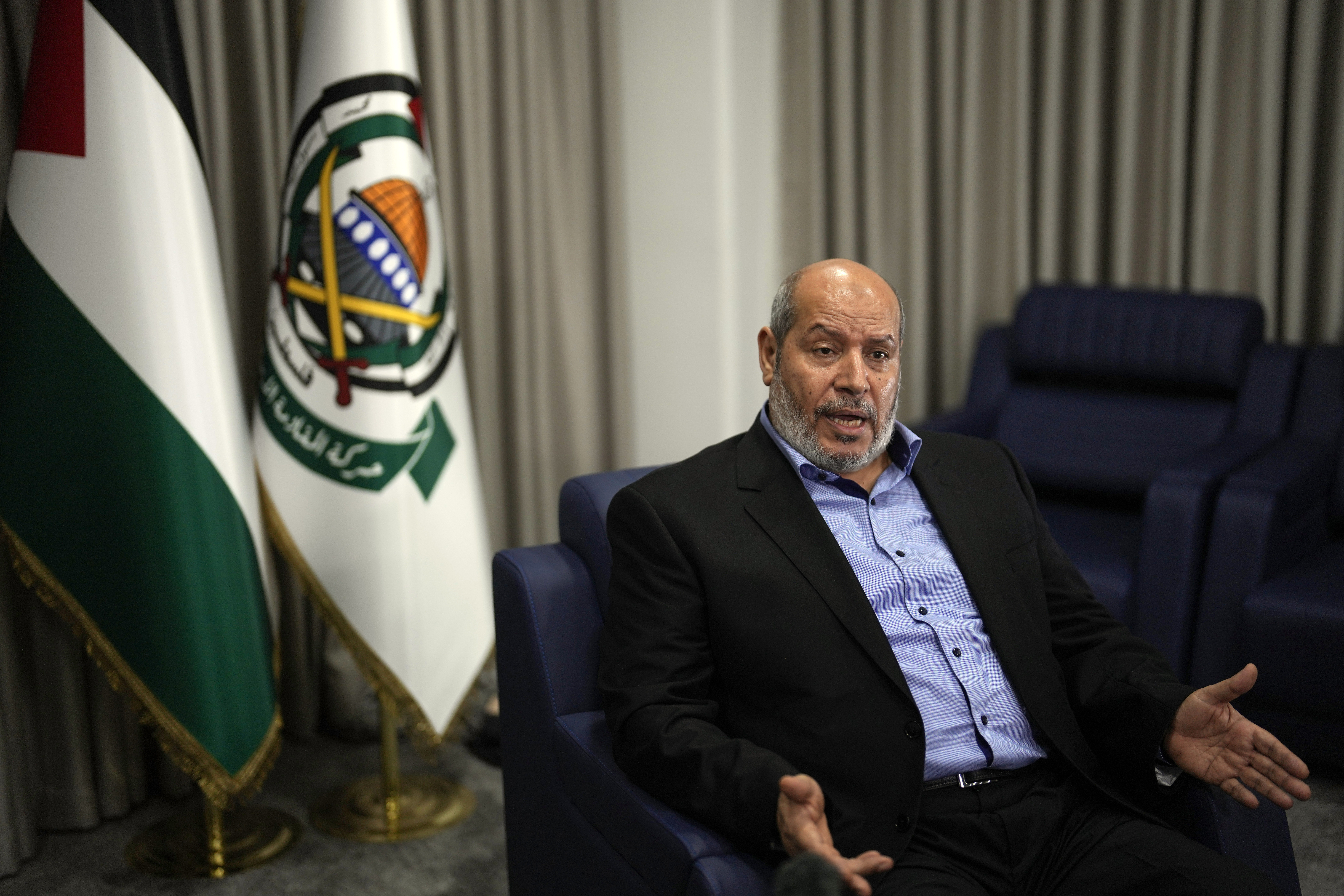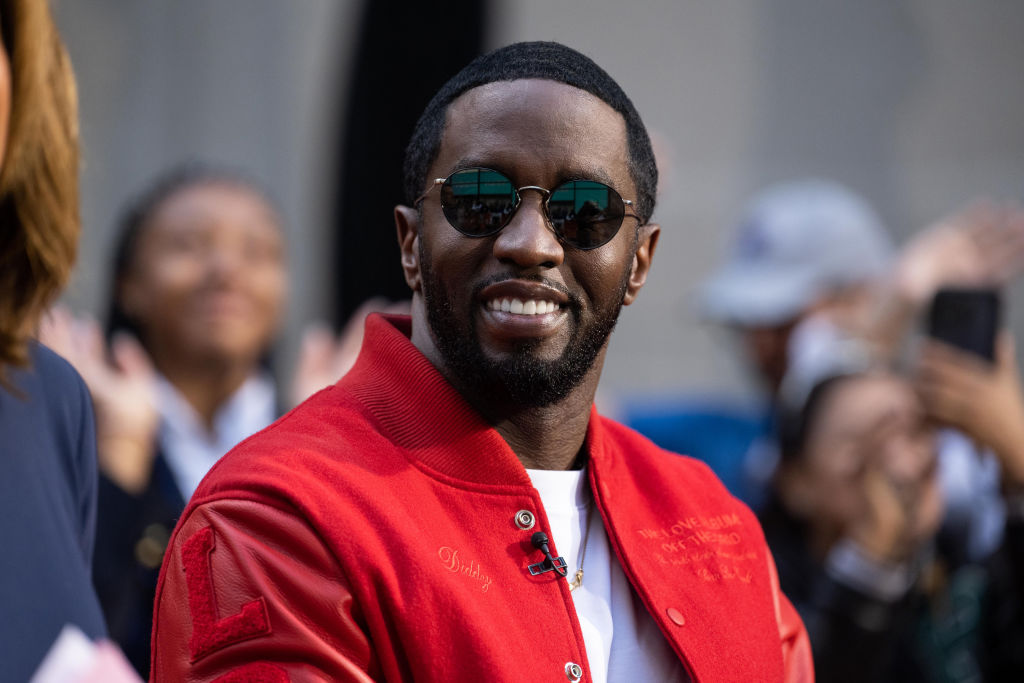
For years, South Carolina attorney Alex Murdaugh looked his anguished clients in the eyes and promised to help them with their medical bills, their suffering or simply to survive. Then he stole some, if not all, of what he won for many of them.
Those clients got to look Murdaugh in the eye Tuesday and tell him how he had destroyed their trust, as the disgraced lawyer was sentenced to 27 years in prison for stealing about $12 million.
“I’m not crying for what he stole from me. I’m crying for what he did to everybody,” said Jordan Jinks, a friend of Murdaugh’s since childhood.
The courtroom drama marked yet another step in the fall of a powerful and respected attorney whose family name dominated the legal scene in a small Hampton County for generations, and whose alleged crimes have been a perennial topic of true crime podcasts and online chat groups.
Get South Florida local news, weather forecasts and entertainment stories to your inbox. Sign up for NBC South Florida newsletters.
In court in an orange prison jumpsuit, Murdaugh listened as the victims recounted how the man with a commanding presence and seductive Southern charm had duped them.
Jinks went to Murdaugh after incurring hundreds of thousands of dollars in medical bills for a neck injury he got when someone rear-ended his car. Jinks paid the bills in advance, having been assured by Murdaugh that he would obtain a settlement to pay him back. Murdaugh got the money, but kept it himself, financially ruining his friend.
U.S. & World
“The money you stole from me, I would have gave it to you," Jinks said. “Why bro? Why?”
State prosecutors and defense lawyers negotiated the 27-year prison sentence for Murdaugh, who is already serving a life term without parole after a jury found him guilty of killing his wife, Maggie, with a rifle, and younger son, Paul, with a shotgun in June 2021. Judge Clifton Newman, who also presided over the murder trial, accepted it.
Murdaugh adamantly denies killing his family members. His lawyers are seeking a new trial, citing allegations that the court clerk tampered with the jury. A different judge will decide whether to grant Murdaugh a hearing in which jurors, the clerk, and maybe even Newman, could be questioned under oath.
The sentence for Murdaugh's financial crimes is a kind of insurance policy to prevent his release if his murder conviction is overturned. Under South Carolina law, Murdaugh will have to serve almost 23 years of the sentence, even if he is a model prisoner. He would be 76 before he could be released. Murdaugh had to give up his rights to appeal as part of the deal.
Newman said Tuesday that Murdaugh had the emptiest soul of anyone he has seen in his 23 years on the bench, with the exception of a man who was sentenced to death for killing an off-duty police officer and burning his body.
"The question was asked: What kind of animal are you?" Newman said, referring to additional comments Jinks made during his testimony. "You are an enigmatic person. I don’t think you understand yourself.”
For his part, Murdaugh spent nearly 45 minutes apologizing to his family for bringing them shame and dishonor, and addressing all his victims, although he did not cry as much as he did when he testified in his own defense during his murder trial.
“I want each of you who spoke to know I listened to you. I heard you. Your pain and hurt is palpable. ... I promise you it resonates with me,” Murdaugh said.
Prosecutor Creighton Waters of the state Attorney General's Office opened Tuesday's hearing with a detailed account of all of Murdaugh's thefts and how he moved around the more than $12 million he stole to avoid detection for nearly 10 years.
He ended more than an hour later with the precise figure: $12,425,254.32.
His clients trusted Murdaugh and he used “the trust of his family name and the law license on that wall” to keep stealing to pay off loans and credit card bills, never catching up to bad investments and heavy spending, Waters said.
Prosecutors initially charged Murdaugh with 101 financial crimes, including breach of trust, money laundering and tax evasion, involving 18 victims.
Under the plea deal, the number was reduced to 22 crimes against each of his clients.
His victims include Gloria Satterfield, the longtime family maid who died in a fall at the Murdaugh home. Murdaugh put his arm around Satterfield's son at her funeral and promised he would take care of her family. He got about $4 million from his insurers then later admitted to stealing every penny.
Satterfield's son Tony said he prays for Murdaugh and forgives him, but can't forget how he was treated.
“I really don't have the words. You lied, you cheated, you stole. You betrayed me and my family,” he said.
Sandra Taylor was killed in a crash with a drunken driver, leaving behind three children. Murdaugh told her estate he could only get a $30,000 settlement. He took $150,000 himself, prosecutors said.
“They lost a mother. And you stole every dime from them. Do you not have a soul?" asked Satterfield's sister Ginger Hadwin.
Tuesday's hearing did not mark the end of Murdaugh's legal problems. He also is awaiting sentencing on federal financial crime charges, and still faces insurance fraud and other local charges after asking a friend to kill him in September 2021 so his surviving son could get $10 million in life insurance. The shot only grazed Murdaugh's head.
In his speech Tuesday, Murdaugh again blamed his drug addiction to painkillers for all the thefts. He gave detailed apologies to his surviving son, his family, his in-laws and his law partners. He told any of his victims they were welcome to visit him behind bars.
“I hope that in time that each of you will be willing to talk to me,” Murdaugh said. "I would like as time moves on to continue to reiterate just how sorry I am and how important it is to me that you know that.”
After the speech, Waters told the judge — just as he did before sentencing at the murder trial — that Murdaugh could lie and conjure up false sincerity like no one he has ever seen.
“He’s good. He can look people in the eye. But we’ve seen it all before," Waters said. "The main thing he was concerned about was how he thinks others perceive him."



